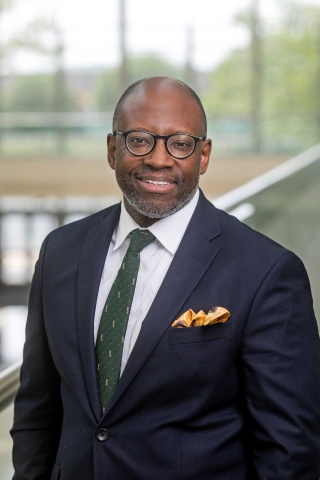More than 1.23 million high school seniors will fail to graduate in the class of 2008, according to a new study conducted by the Editorial Projects in Education (EPE) Research Center. Now that the drama over the Democratic nominee has subsided, the presidential candidates must return to issues that threaten to hobble America in a global economy: namely, millions of future adults who are not acquiring the skill sets that will enable them to compete.
Results for the class of 2005, the most recent year available, show a national graduation rate of nearly 71 percent, an increase of about half a percentage point over the prior year. According to the report, that figure drops for historically disadvantaged groups: 58 percent for Hispanics, 55 percent for African-Americans, and 51 percent for Native Americans. Males in these groups fare especially poorly.
Iowa, New Jersey, Pennsylvania, Wisconsin, and Vermont lead the nation with graduation rates of more than 80 percent. The District of Columbia, Georgia, Louisiana, Nevada, New Mexico, and South Carolina lag the nation with rates under 60 percent.
The new data are highlighted in a report – "Diplomas Count 2008: School to College: Can State P-16 Councils Ease the Transition?" – which explores the graduation crisis for every U.S. district and state. "The nation and many states face severe challenges in graduating students from high school. The crisis disproportionately strikes poor, minority, and urban youths. With the graduation rate rising less than one percentage point annually in recent years, we still have much work to do," says Christopher Swanson, Director of the EPE Research Center.
What reports overlook, and all the political rhetoric during the presidential campaign will miss, is that high school graduation rates are tied to a stable family life, a sense of self-efficacy, and moral agency, rather than to money spent per pupil or the number of standardized assessments given from kindergarten through grade 12.
Fatherless children are twice as likely to drop out of school as their classmates who live with two parents. Children whose fathers are absent consistently score lower than the norm in reading and math tests.
When I taught high school, I noticed a trend semester after semester for years: students from the most stable families and loving communities usually were the most successful. I lamented the fact that some of my brightest students were not free to perform well because of chaos at home. Kids from abusive homes and children of divorced or absentee parents did not normally perform well regardless of aptitude. I had students who regularly received low marks but would score high on aptitude and IQ tests.
Self-efficacy is built when a child believes that his or her life has meaning and that he or she can make a difference in the world. What better incentive to learn about the world and learn a skill set than the knowledge that someday one will make a contribution to making the world a better place? Materialism and consumption as motivators eventually fail to provide incentives for struggling kids to persevere. A high school student who is depressed, abusing drugs, suicidal, and nihilistic couldn't care less about the threat of "flipping burgers" for life.
Moral agency refers to a kind of maturity, the capacity of a child to exercise virtue by making good decisions in his or her interests. Agency often requires a long-term view of the world cultivated from the wise counsel of parents, and other supportive adults and peers, who seek to direct children to the best long-term holistic health. Struggling adolescents making decisions that sabotage their own progress will not make it.
Regardless of race or class, education reform will only be successful in concert with other needed reforms. Family, self-efficacy, and agency work in concert like one of Bach's Brandenburg concertos. We have over one million annual reasons to stop playing rhetorical political games and ignoring the fact that educational success is forged outside of the classroom.












